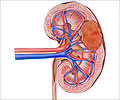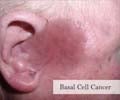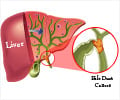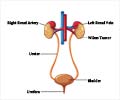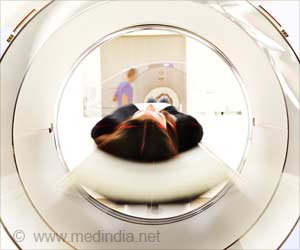The first molecular test kit that can predict treatment and survival outcomes in kidney cancer patients has been co-developed by researchers and doctors at the IBN, SGH and NCCS.
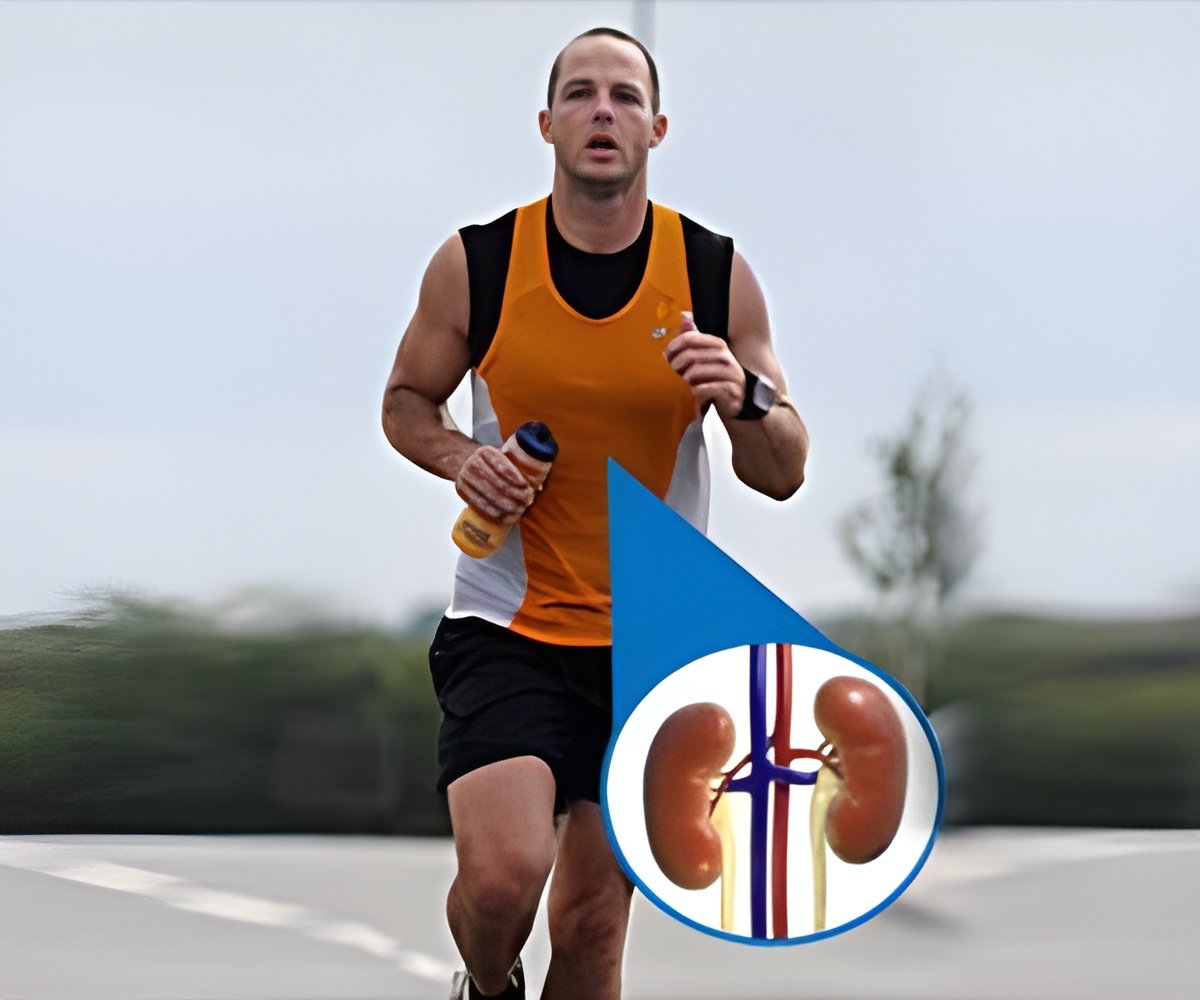
They performed a whole-genome expression analysis on samples with material from 55 ccRCC patients, and compiled the results into different categories, with different probable responses to treatment.
The assay may be used to distinguish patients into groups with different survival and treatment outcomes, by comparing their particular ccRCC profile to the research conducted in the study.
Patients suffering from renal cell carcinoma may benefit from this technology, as it may determine the potential for a successful anti-angiogenic TKI (tyrosine-kinase inhibitor- is a pharmaceutical drug that inhibits tyrosine kinases. Tyrosine kinases are enzymes responsible for the activation of many proteins by signal transduction cascades.) implementation, as well as the survival potential of the patient. In light of the high price of TKIs, and the threat of potential side-effects, the test kit could prove to be a highly beneficial piece of technology.
IBN Executive Director Professor Jackie Y. Ying said, "By combining our expertise in molecular diagnostics and cancer research, we have developed the first genetic test to help doctors prescribe the appropriate treatment for kidney cancer patients based on their tumor profile."
Dr. Min-Han Tan, who is IBN Team Leader and Principal Research Scientist and a visiting consultant at the Division of Medical Oncology NCCS, shared further details about the invention and his motivation. "As a practicing oncologist, I have treated many patients with kidney cancer. I see the high costs of cancer care, the unpredictable outcomes and occasional futility of even the best available drugs. This bitter experience inspired our development of this assay to improve all these for patients."
Advertisement

